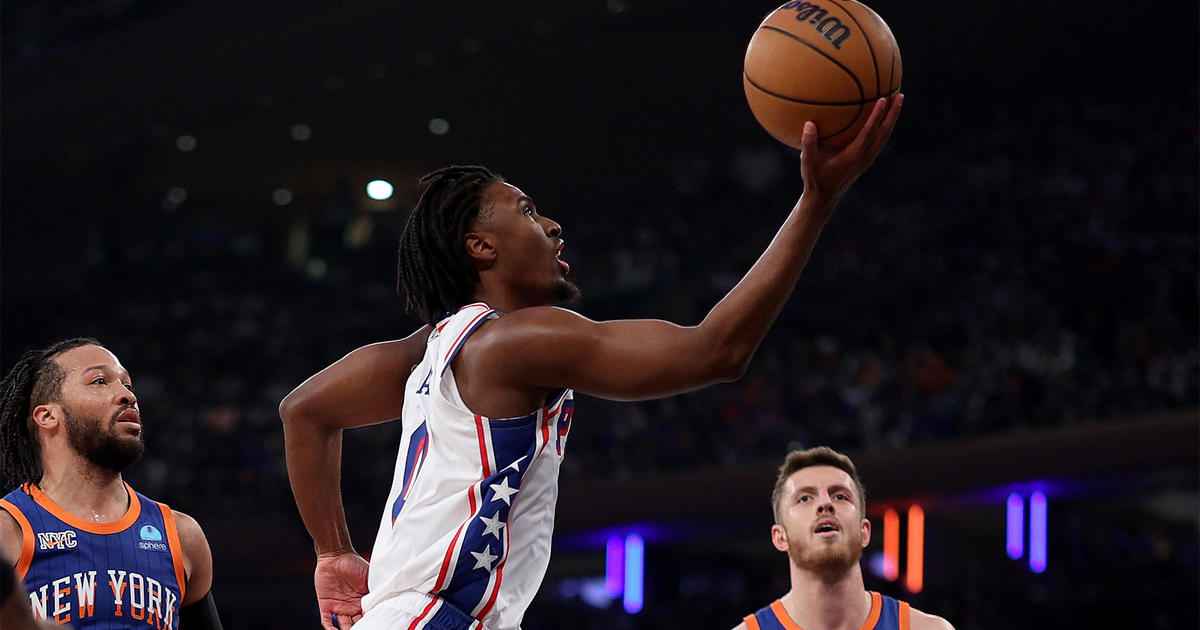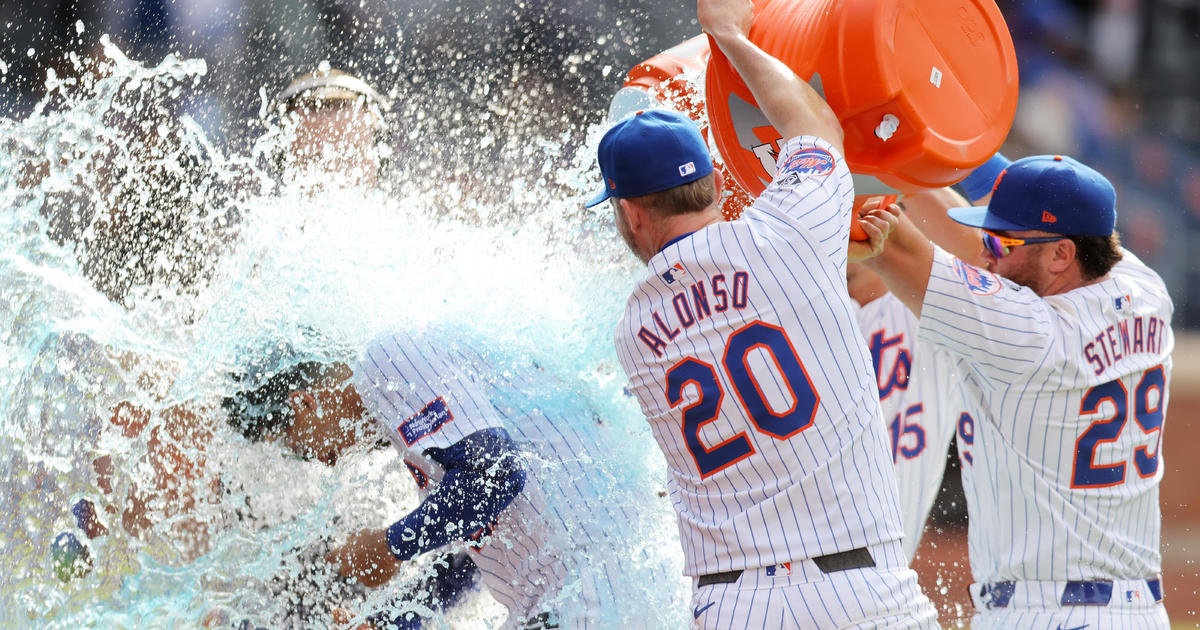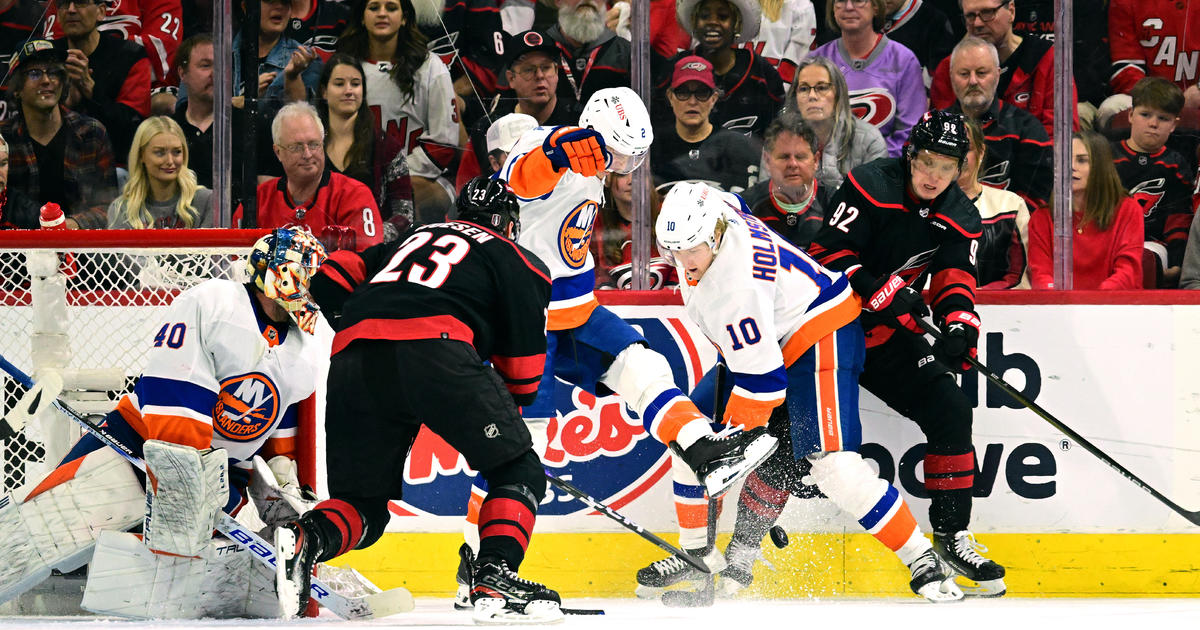Keidel: The Case Against Roger Maris
By Jason Keidel
» More Columns
Last Sunday, The New York Times made the salient assertion that, 50 years later, Roger Maris's mark of 61 home runs glows with even greater gravitas now, when you consider than no clean man has broken it. If memory serves, Ryan Howard has come closest, with 58. (I'm assuming Howard is clean until I hear otherwise.)
Many montages have sprung from the press, led, among many, by Billy Crystal, Bob Costas, and our own Mike Francesa, who's reviving his childhood through the anecdotes of the early '60s. Mike, like all of us, reached an age when we live through, long for, and look through the lens of our lean years. It's a perfectly natural impulse. I've been overwhelmed with nostalgia since my 40th birthday.
Barry Bonds is the technical home run king – through clever chemistry, of course, wielding a syringe more than maple, his arms, legs, head, feet explode after his 35th birthday, and swatted balls out of ballparks smaller than phone booths. On top of his chemical exploits, Bonds, according to another New York Times piece in 2007, "was one of the game's sour personalities, unloved by fans outside his home city and often reviled by his own teammates." It's a stark contrast to the understated, relatively skinny kid from Fargo who hit his homers in chasmal parks.
Mark McGwire, to me, is the other disgrace and face of the epoch, hugging Roger's son while jamming a symbolic knife into his back. McGwire the liar knew all along he broke that record wearing the cleats of cheats. It is that malfeasance that Maris and his devotees feast upon, with good reason. For his part, Maris's son, Randy, has remained a gentleman, expressing no public rancor toward the man who, in essence, betrayed his father's spirit.
I'm hardly a stat geek. No doubt facts fortify any argument, but I trade on the metaphysical as much as the physical. The reason we love shows like "Real Sports" is we want to know that, beyond the physical splendor, athletes are as spiritually slender as we are.
But, sad to say, Maris doesn't belong in the Hall of Fame. In fact, he doesn't come close. When my buddy brought me the article by George Vecsey I scampered to my computer and scanned the stats, expecting a borderline, rigorous resume doomed to eternal debate. What I got were 1,300 hits, three seasons with over 100 RBI, and one sublime season (though he won two AL MVP awards, barely beating Mantle in both races). He retired with 275 home runs, 850 RBI, and a dreadful .260 batting average (and a woeful, .217 average in seven World Series). I can think of a thousand players – including Don Mattingly – who are way more worthy than Maris, who is the darling of the baby boomers, many of whom are in power today and are feeling frisky about their favorite athletes back in the day.
Let's be honest, the last time Maris was good was when Mantle was great, in 1964, the last time the Yankees went to the World Series until 1976. Maris was 29 in '64, and should have had at least five more productive years, yet he stunk after Mantle stopped being, well, Mantle. It was the Mick's last .300 season (.303), with 35 homers and 111 RBI. Once Mantle tanked, Maris followed. From 1965 through '68, Maris batted .239, .233, .261, and .255 during his final season (he played for St. Louis in 1967 and '68). And he never hit more than 13 home runs in a season.
Let's be honest, from a purely statistical standpoint, Maris was little more than a pilot fish on the shark, the big fish at the dish, Mickey Mantle. I don't mean to dump on the dude, but facts are facts. And if you don't like the pressure of playing in New York – he allegedly loathed the attention and the scalding scope of the city's media – don't play. Would you prefer a healthy heap of the black lung Mantle's father was inhaling in those Oklahoma zinc mines?
Since I was born in 1969, you'll say I'm not qualified to comment on the climate in 1961, the year Roger Maris hit 61 homers But I needn't be at Gettysburg a century earlier to know there was a famous battle there and an equally important speech given at the graveyard. Romance and reality are rarely intertwined, and Maris is the beneficiary of the former.
And we have another impulse to embellish the accomplishments of our superheroes. Happily, my father was mine, but there was ample room on my walls, which were lathered with posters of Pittsburgh Steelers, from Terry Bradshaw to Lynn Swann to Franco Harris. My first dose of sporting death was seeing Harris in a Seahawks uniform.
So it is with Maris, who piggybacked perhaps the most talented player of his era (Mantle) to hit more homers in a season than Ruth, though it took eight more games to do so, and that is an important distinction to make. It doesn't deserve the glowing, glaring asterisk affixed to fixers like Bonds and McGwire, but eight games are eight games. And if Maris weren't the best player on his team during his best year, he surely wasn't Babe Ruth, whose record he broke. So not only does this 50th anniversary shine brightly on Maris, but even brighter on Babe.
To give you an example of how dominant Babe Ruth was, consider his 60-homer season, in 1927. The Yankees went 110-44 that year. The team with the second-best record in baseball, the Pittsburgh Pirates (94-60), hit 54 homers as a team. That's not a misprint.
For the purpose of equivalency, Maris needed to hit 181 homers to match Ruth's dominance, as the Detroit Tigers (who finished second to the Yankees in the American League) hit 180 homers in 1961.
Vecsey belched bromides from Casey Stengel, who said Maris never made a mistake on the bases or in right field. Again, there are many smart players who are many moons away from Cooperstown. Vecsey, who knows more about baseball than I ever will, admits in the article that Maris doesn't qualify for Cooperstown, but he misses the axis of the argument.
This is what makes sports so interesting. Indeed, this debate isn't at all about Maris's merits for the Hall of Fame, because he has none. This is a microcosm, a debate we all have about someone from your youth, parsing preteen idolatry from reality.
Franco Harris wasn't better than Barry Sanders, Walter Payton, or even Earl Campbell, but I wanted him to be because I worshipped him. We see sports through the pristine prism of better days, which is why, even in our 40s, 50's, and 60s we still act like children over them. And I, for one, think that's a good thing.
Feel free to email me: Jakster1@mac.com



